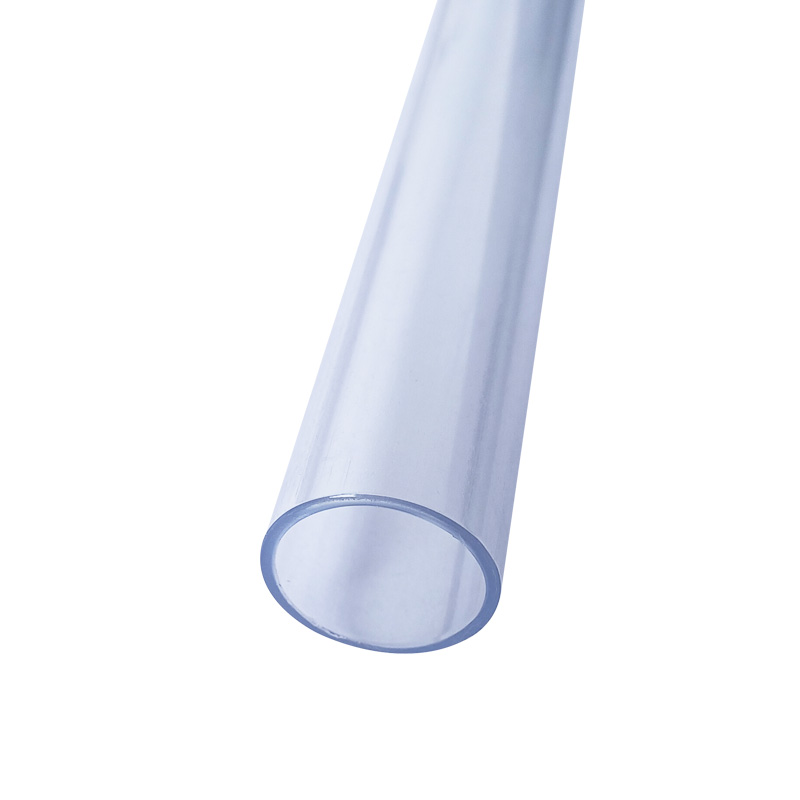pmma plastic characteristics
PMMA processing requirements are more stringent, it is sensitive to water and temperature, to be fully dried before processing (recommended drying conditions for 90 ℃, 2 ~ 4 hours), its melt viscosity is large, need to be higher (225-245 ℃) and pressure molding, mold temperature at 65-80 ℃ is better. PMMA stability is not good, by high temperature or in the higher temperature for too long will cause degradation. Screw speed should not be too large (about 60% can be), thicker PMMA parts easy to appear in the “cavity”, need to take a large gate, “low material temperature, high mold temperature, slow” injection gate to process.
PMMA processing process characteristics
(1) PMMA at processing temperature, its melt rheology is basically close to non-Newtonian, that is, its melt viscosity is mainly governed by the pressure (shear rate), so to reduce viscosity and increase fluidity, mainly by increasing pressure to achieve. However, its melt viscosity is much higher than that of PE, PS, etc., so the pressure required for injection molding is high. Moreover, its melt viscosity decreases with the increase of temperature, and its sensitivity to temperature is higher than other thermoplastics, so it is necessary to control the temperature in order to facilitate molding.
(2) PMMA pellets are easy to absorb moisture in the air, up to 3%. It must be dried before molding, otherwise it will produce bubbles. More attention should be paid when using the return material.
(3) Because PMMA is an amorphous polymer, the molding shrinkage is small, 0.5~1.8%.
(4) Because of the high melt viscosity of PMMA, poor liquidity, fast cooling speed, the products are easy to produce internal stress, so PMMA molding process requirements are strict, mold design requirements are high, and the products generally require post-treatment.
(5) PMMA products are prone to silver grain during storage and use; the appearance of silver grain is a prerequisite for brittle fracture of glassy polymers, and the rupture of the material in the silver grain causes the initiation and expansion of cracks, so that fracture finally occurs. Silver grain is caused by internal stress in the material, so care should be taken to reduce or avoid it during molding, that is, sufficient holding time during molding. Moreover, its melt viscosity decreases with increasing temperature, and its sensitivity to temperature is higher than other thermoplastics, so the temperature should be controlled to facilitate molding.





